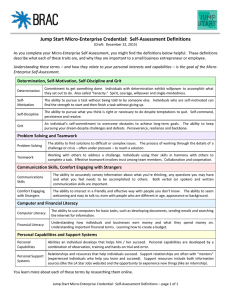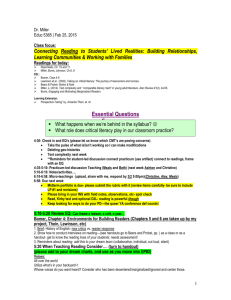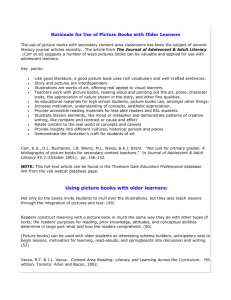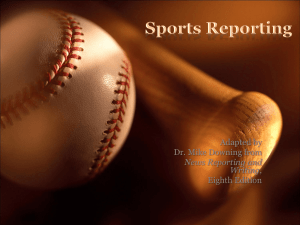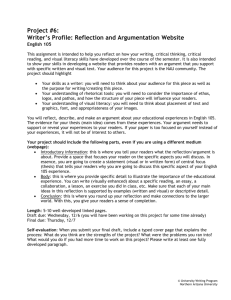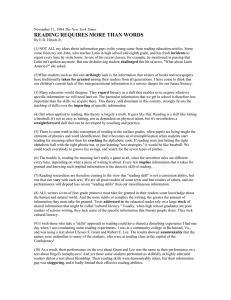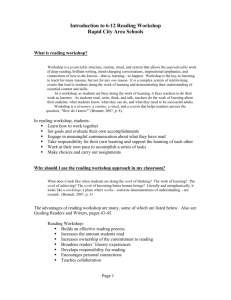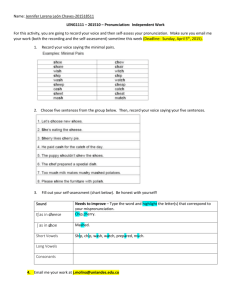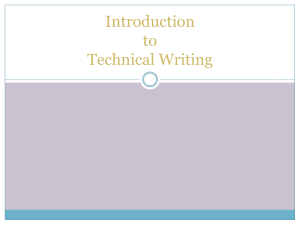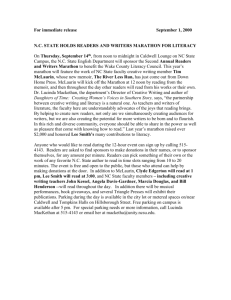Self-Assessment and Literacy Learning
advertisement
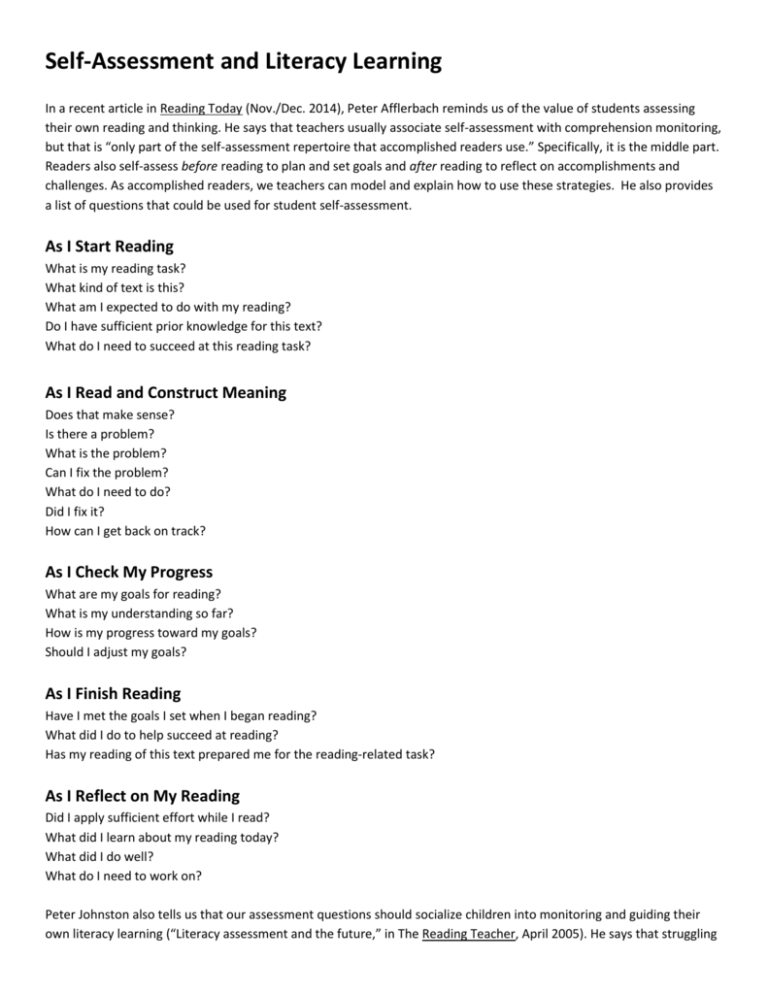
Self-Assessment and Literacy Learning In a recent article in Reading Today (Nov./Dec. 2014), Peter Afflerbach reminds us of the value of students assessing their own reading and thinking. He says that teachers usually associate self-assessment with comprehension monitoring, but that is “only part of the self-assessment repertoire that accomplished readers use.” Specifically, it is the middle part. Readers also self-assess before reading to plan and set goals and after reading to reflect on accomplishments and challenges. As accomplished readers, we teachers can model and explain how to use these strategies. He also provides a list of questions that could be used for student self-assessment. As I Start Reading What is my reading task? What kind of text is this? What am I expected to do with my reading? Do I have sufficient prior knowledge for this text? What do I need to succeed at this reading task? As I Read and Construct Meaning Does that make sense? Is there a problem? What is the problem? Can I fix the problem? What do I need to do? Did I fix it? How can I get back on track? As I Check My Progress What are my goals for reading? What is my understanding so far? How is my progress toward my goals? Should I adjust my goals? As I Finish Reading Have I met the goals I set when I began reading? What did I do to help succeed at reading? Has my reading of this text prepared me for the reading-related task? As I Reflect on My Reading Did I apply sufficient effort while I read? What did I learn about my reading today? What did I do well? What do I need to work on? Peter Johnston also tells us that our assessment questions should socialize children into monitoring and guiding their own literacy learning (“Literacy assessment and the future,” in The Reading Teacher, April 2005). He says that struggling readers and writers have learned to rely on the teacher for feedback and view themselves as incapable of assessing their own learning. He proposes questions like the following to turn this situation around. How’s it going? How can you tell? Or How can you check? As a writer (or reader), what have you learned most recently, how did you learn that, what will you like to learn next, and how will you go about that? How did your book discussion go today? How might you make it better next time? If what we assess is what we teach, then these assessment practices should contribute to the development of strategic and flexible readers and writers.
